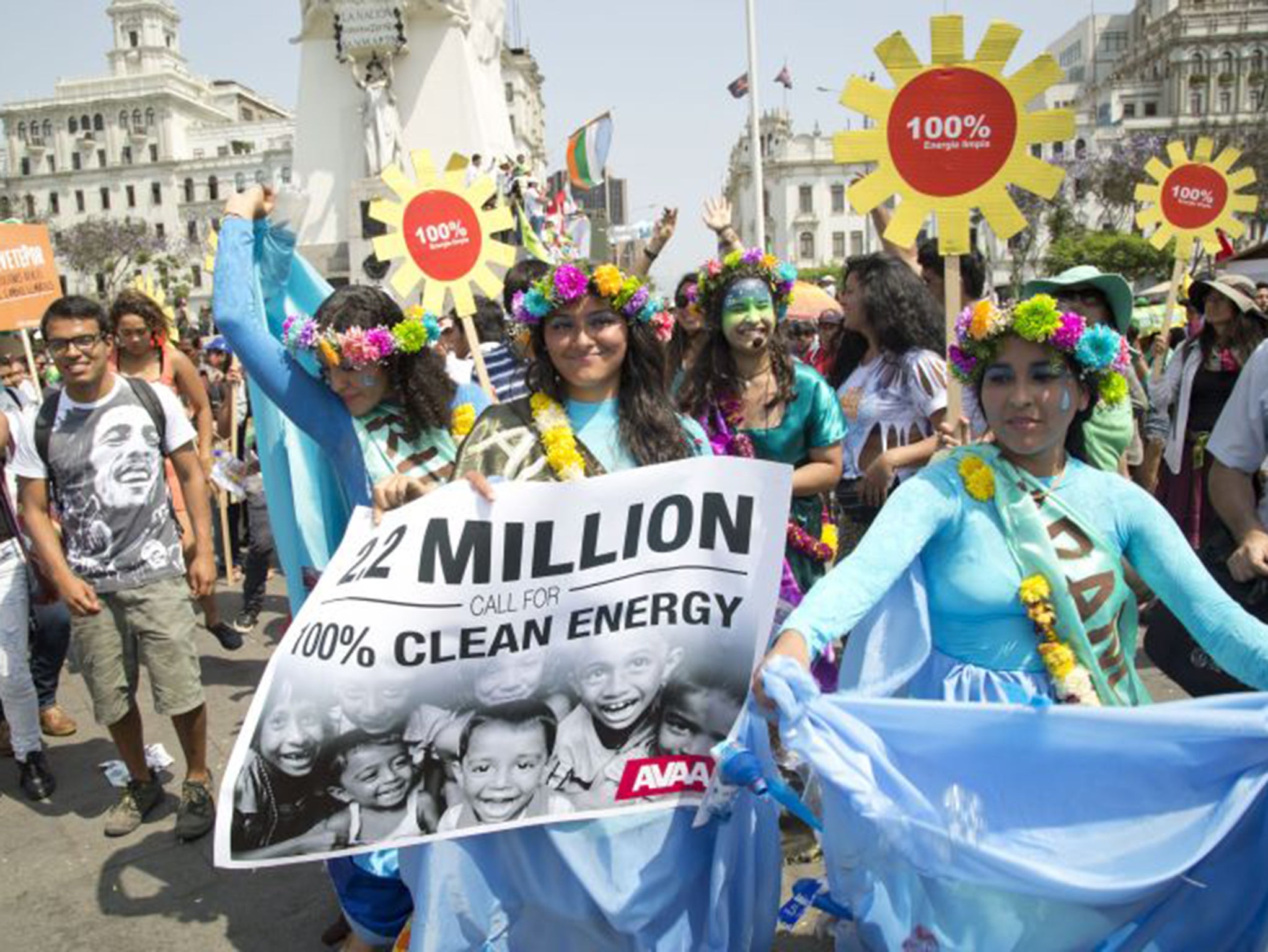More international co-operation on climate change, but it's a process mired in blame


For decades, international negotiations on global warming have been dogged by a deep divide between developed and developing countries.
Leaders of industrialised countries such as the US argued that major emerging economies such as China, India, Brazil and South Africa should have to take on responsibilities to cut their output of carbon pollution. In turn, these nations accused the West of having failed to get its own house in order. This separation of views led to the failure of the Copenhagen climate summit in 2009 and created doubt that a global deal could ever be reached.
But following last month's landmark climate agreement between the US and China, hopes were raised that the divide had finally been breached. As the latest round of UN climate talks got under way here in Peru a fortnight ago, there were indications that historical divisions were continuing to be worn down.
Brazil proposed for the first time that, ultimately, all countries should have to take on binding cuts in carbon pollution. It put forward a constructive proposal based on the idea that each nation, as it industrialised, should be required to take on progressively more responsibility.
Australia, whose Prime Minister, Tony Abbott, was snubbed by President Obama at a recent G20 summit for failing to contribute to the global climate effort, caved in to international pressure and pledged A$200m (£105m) to the UN Green Climate Fund. Germany announced that over and above its $1bn (£635m) pledge to the fund, it would add €50m (£40m) to help the poorest countries in the world adapt to rising temperatures. These donations mean that a UN target to raise $10bn this year to assist poor countries in dealing with climate change was exceeded.
While these promises do not add up to climate safety, they do give cause for cautious optimism about the prospects of an international agreement finally being signed when world leaders meet in Paris next year.
Yet, as the talks overran and entered the wee hours this weekend, the tone of constructive dialogue was rapidly replaced by the old, ill-tempered blame game that has come to characterise UN climate conferences. Britain's Secretary of State for Energy and Climate Change, Ed Davey, was among those left fighting to prevent the Lima summit from collapsing altogether.While President Obama's special envoy, Todd Stern, pleaded, "Let us not throw away what we have achieved and can achieve."
Joss Garman is associate fellow on climate change at the think-tank IPPR
Join our commenting forum
Join thought-provoking conversations, follow other Independent readers and see their replies
Comments
Bookmark popover
Removed from bookmarks